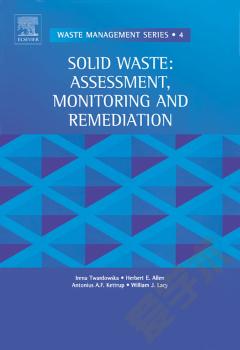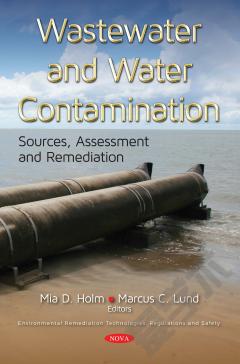Solid Waste: Assessment, Monitoring and Remediation
This book covers a broad group of wastes, from biowaste to hazardous waste, but primarily the largest (by mass and volume) group of wastes that are not hazardous, but also are not inert, and are problematic for three major reasons: (1) they are difficult to manage because of their volume: usually they are used in civil engineering as a common fill etc., where they are exposed to environmental conditions almost the same way as at disposal sites; (2) they are not geochemically stable and in the different periods of environmental exposure undergo transformations that might add hazardous properties to the material that are not displayed when it is freshly generated; (3) many designers and researchers in different countries involved in waste management are often not aware of time-delayed adverse environmental impact of some large-volume waste, and also do not consider some positive properties that may extend the area of their environmentally beneficial application.
{{comment.content}}








 京公网安备 11010802027623号
京公网安备 11010802027623号